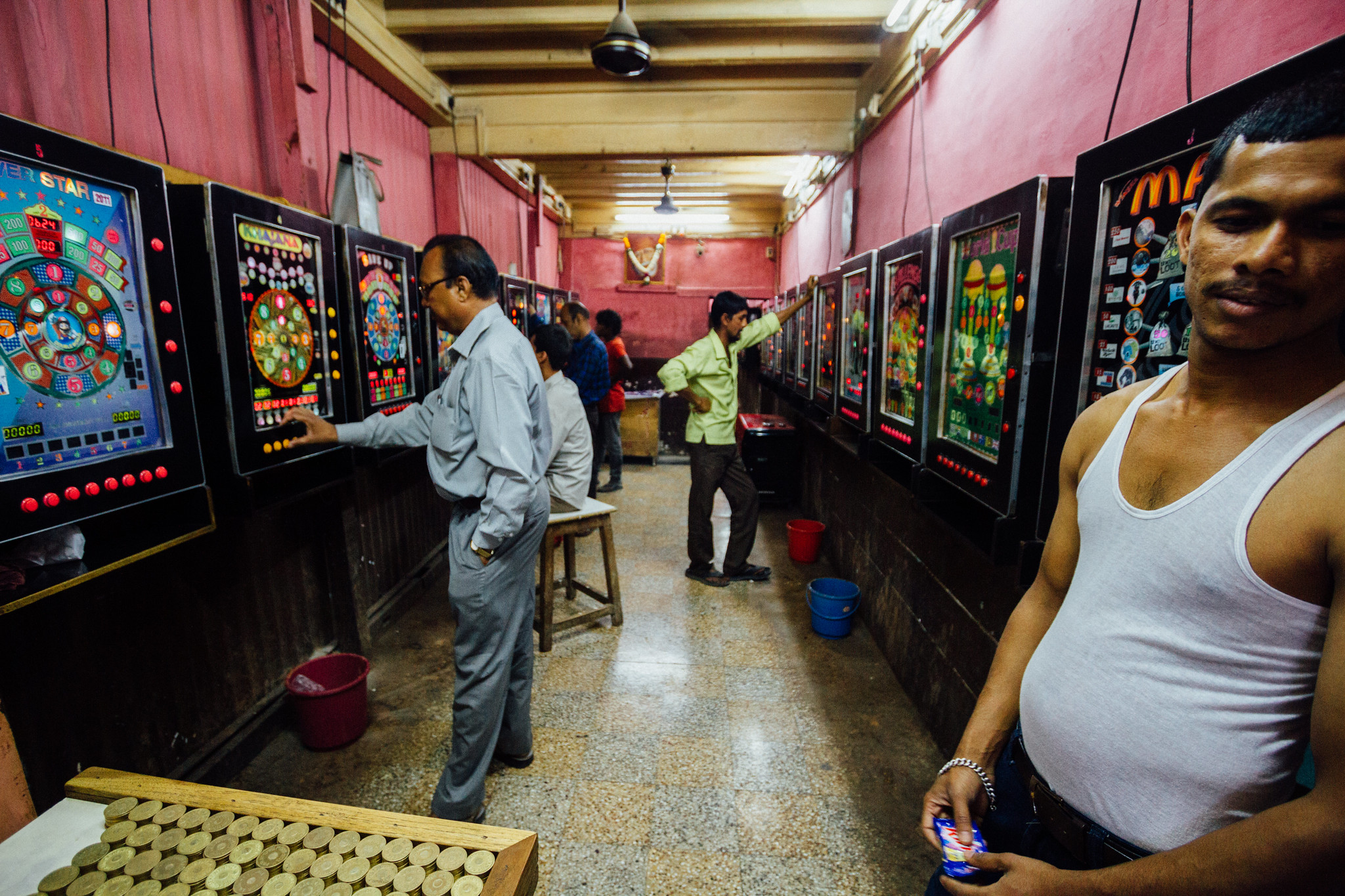Indonesia's online gambling problem is huge. Four million people lost more than $US20 billion in 2023 and 80,000 of them were under 10.
 Given the ineffectiveness of prohibition and opposition to full legalisation, partial legalisation may control online gambling in a way that aligns with Indonesia’s cultural values. : Image by Thorsten F available at https://tinyurl.com/5usfy9hy Creative Commons Zero License
Given the ineffectiveness of prohibition and opposition to full legalisation, partial legalisation may control online gambling in a way that aligns with Indonesia’s cultural values. : Image by Thorsten F available at https://tinyurl.com/5usfy9hy Creative Commons Zero License
Indonesia’s online gambling problem is huge. Four million people lost more than $US20 billion in 2023 and 80,000 of them were under 10.
Indonesians lost an estimated $US20 billion (Rp327 trillion) gambling online in 2023. Of the 4 million online gamblers in the archipelago, more than 440,000 are between 11-20 years old and a staggering 80,000 more are under 10 years old.
In the last five years, cash flow in online gambling is estimated to have reached $US36.7 billion (Rp600 trillion). In comparison, Indonesia’s state revenue in 2024 is estimated to be about $US170 billion (Rp2,781.3 trillion).
Compulsive online gambling plays role in detrimental social problems such as addiction, loan shark debts, murders, divorce and various mental health problems. It is a topic of national concern in the media.
This is all happening despite gambling, for the most part, being illegal in Indonesia.
That has not stopped millions from indulging in it, including government officials. Outside of activities explicitly permitted by the government, gambling — defined as a game of chance with uncertain luck and the absence of required skills — has been banned since 1993.
Religious opposition
In 1991, Indonesia legalised gambling under the name Social Donor Contributions with prizes and attempted to regulate the lottery gambling prevalent in the 1970s.
However, this decision faced strong opposition from religious scholars, leading to the gambling ban coming back soon after.
The legal history of gambling in Indonesia highlights the conflict between legalisation efforts and opposition from religious scholars. But the huge number of Indonesians gambling online means that, one way or another, a legal change may be on the way.
Combating online gambling in Indonesia requires a multifaceted approach. Despite efforts by the Ministry of Communication and Information to block gambling websites and affiliated bank accounts or wallets, these sites remain accessible, indicating that a purely technological approach is insufficient to address the issue effectively.
According to a 2021 joint decree from the government and police, the scope of online gambling includes advertising, billing operators, operating, bookmaking, playing and possessing gambling accounts.
Violations are punishable by up to 10 years in prison, reflecting the stringent prohibition norms in Indonesia. However, while online gambling falls under the law, it is not explicitly regulated within Indonesian law.
Despite all of these regulations, online gambling persists. It has raised questions about why it remains difficult to combat. Military, police and government — all of whom have had employees caught gambling online — have been ineffective at stopping it.
Lessons in regulation
Indonesia, Malaysia, Singapore, and the United Kingdom all have distinct approaches to regulating conventional and online gambling, reflecting their unique legal and cultural context.
Malaysia, similar to Indonesia, prohibits both conventional and online gambling, largely due to the application of Sharia law. Countries such as Singapore and the UK have legalised online gambling through the establishment of explicit regulations..
Both Singapore and the UK transitioned from prohibiting gambling to creating detailed regulatory frameworks, with the UK even establishing the Gambling Commission to oversee and regulate gambling activities.
Indonesian regulations are heavily influenced by social norms and religious values, emphasising the moral and ethical implications of gambling.
However, the persistence of online gambling underlines the need for alternative strategies.
In contrast, Malaysia and Singapore adopt a more controlled and regulated approach. Malaysia’s laws prohibit all forms of gambling except for licensed establishments and include regulation of online gambling.
Similarly, Singapore’s regulations allow for controlled gambling activities and focus on ensuring security and minimising crime.
The UK has a comprehensive regulatory framework that addresses organised crime, protecting children and young people, and ensuring companies adhere to licensing requirements and pay gambling duties.
What Indonesia can learn
Each country’s regulations reflect a balance between prohibition, control, and societal norms that Indonesia can learn from.
There are effectively two main regulatory approaches: legalising or prohibiting online gambling.
Prohibition has proven ineffective as online gambling remains widespread. Legalisation must consider the majority Muslim population, who, through the Indonesian Ulema Council, would likely oppose it.
A third approach could involve partial legalisation with specific qualifications, such as age limits, addiction prevention and advertising bans. This balanced approach could help control the spread of online gambling while addressing societal concerns.
But given the rates of illegal gambling happening, and the money lost on it, immediate and decisive action would be best to prevent the issues of today from getting worse.
Whatever action takes place has to align with Indonesia’s unique cultural and ethical landscape.
Bambang Pratama is a faculty member at the Business Law Department, at Bina Nusantara University (BINUS) where he conducts research on cyber law in theory and practice from an Indonesian perspective and comparative.
Originally published under Creative Commons by 360info™.













